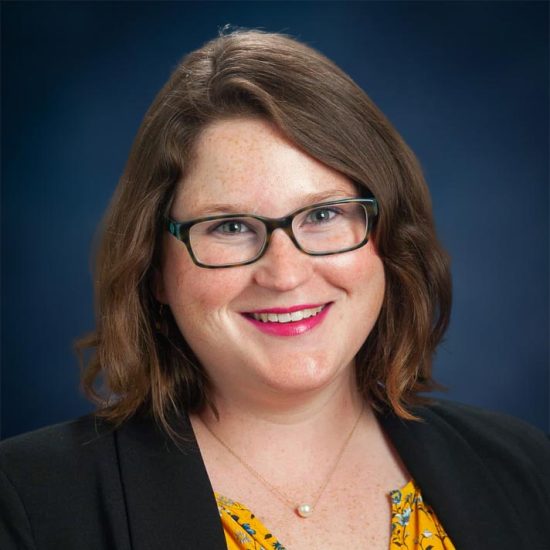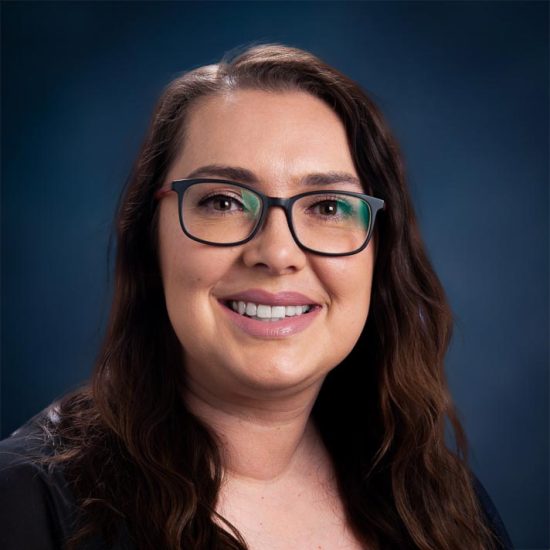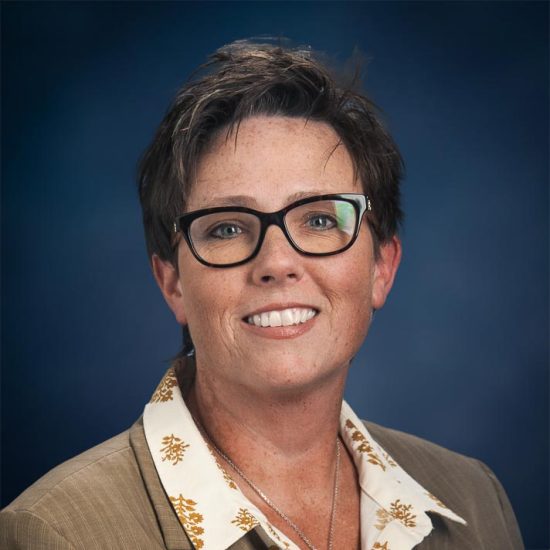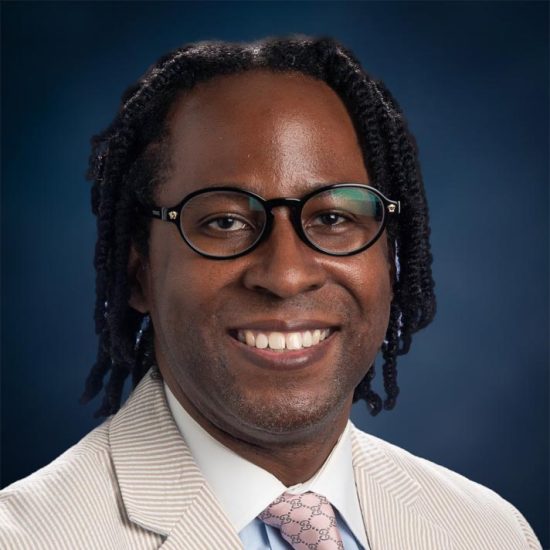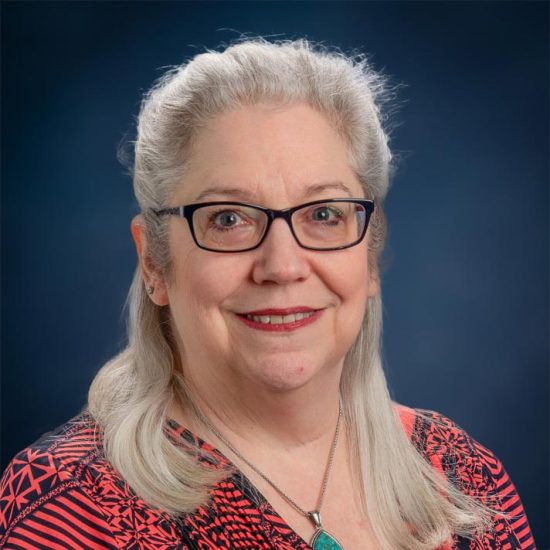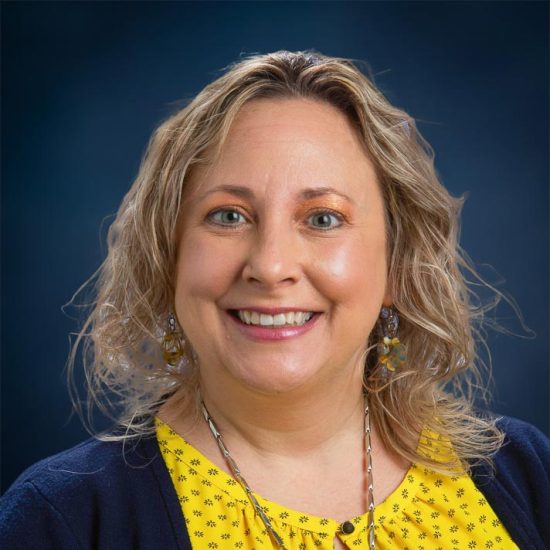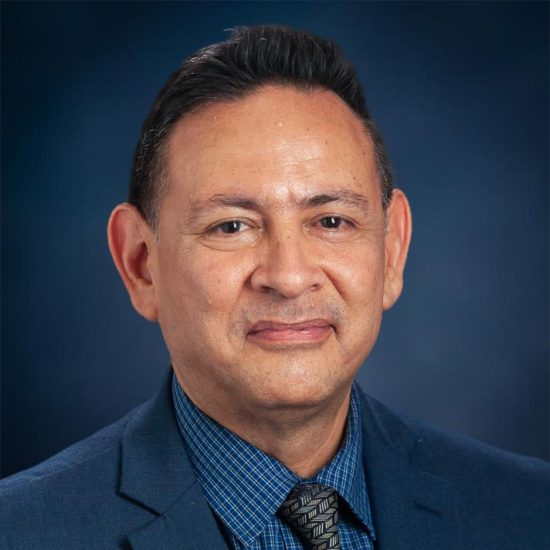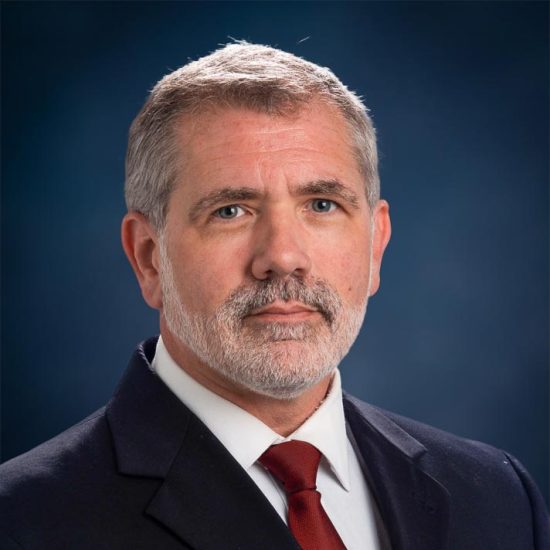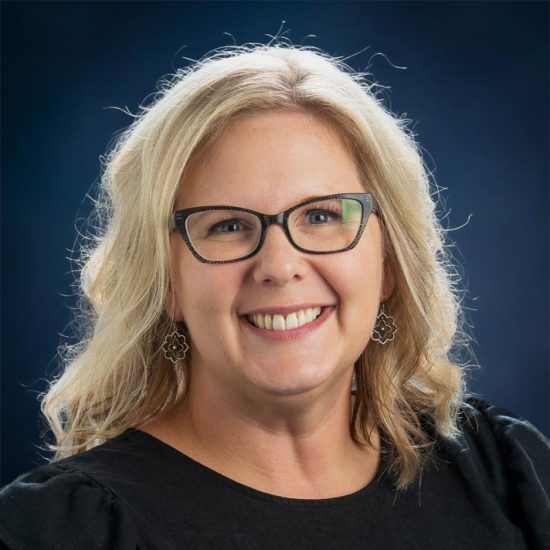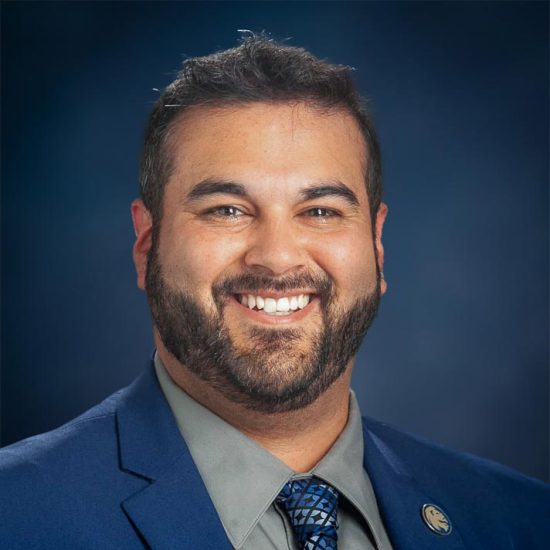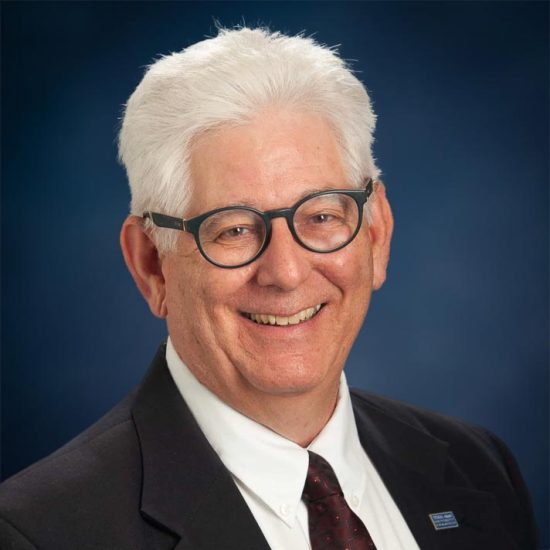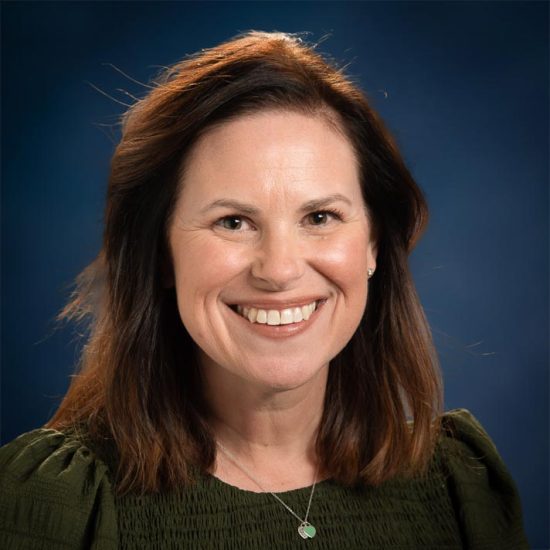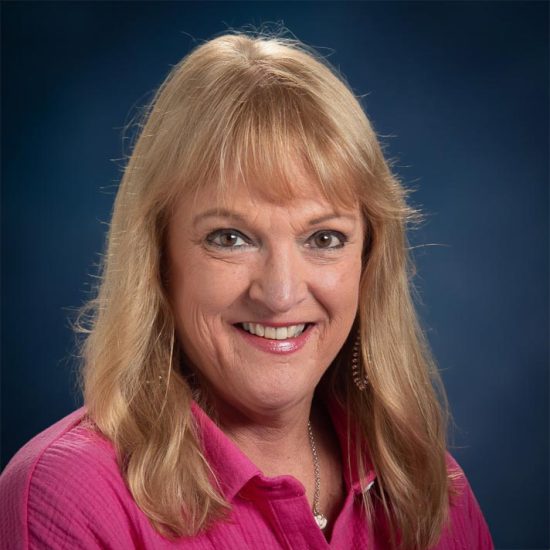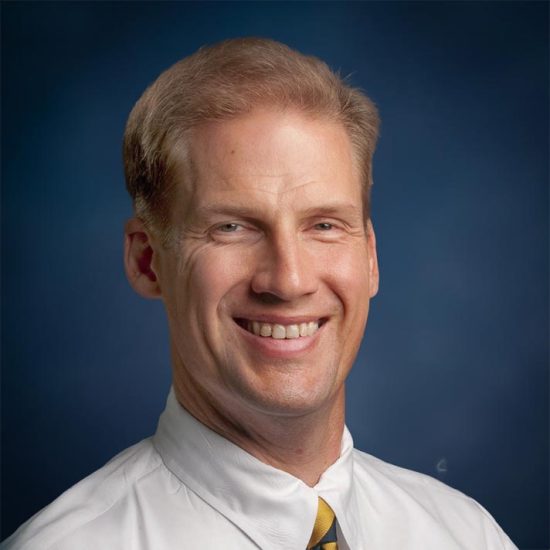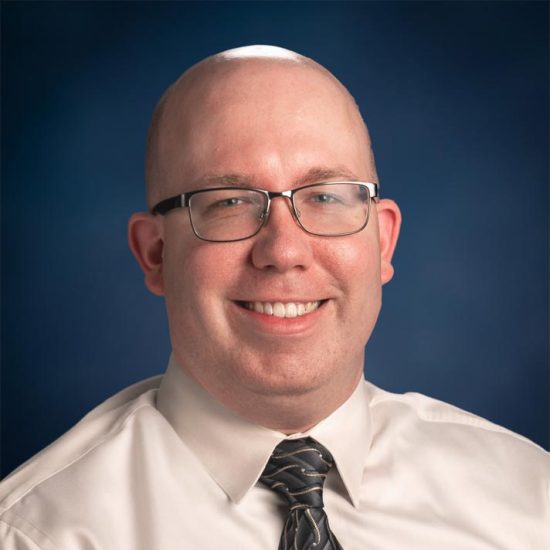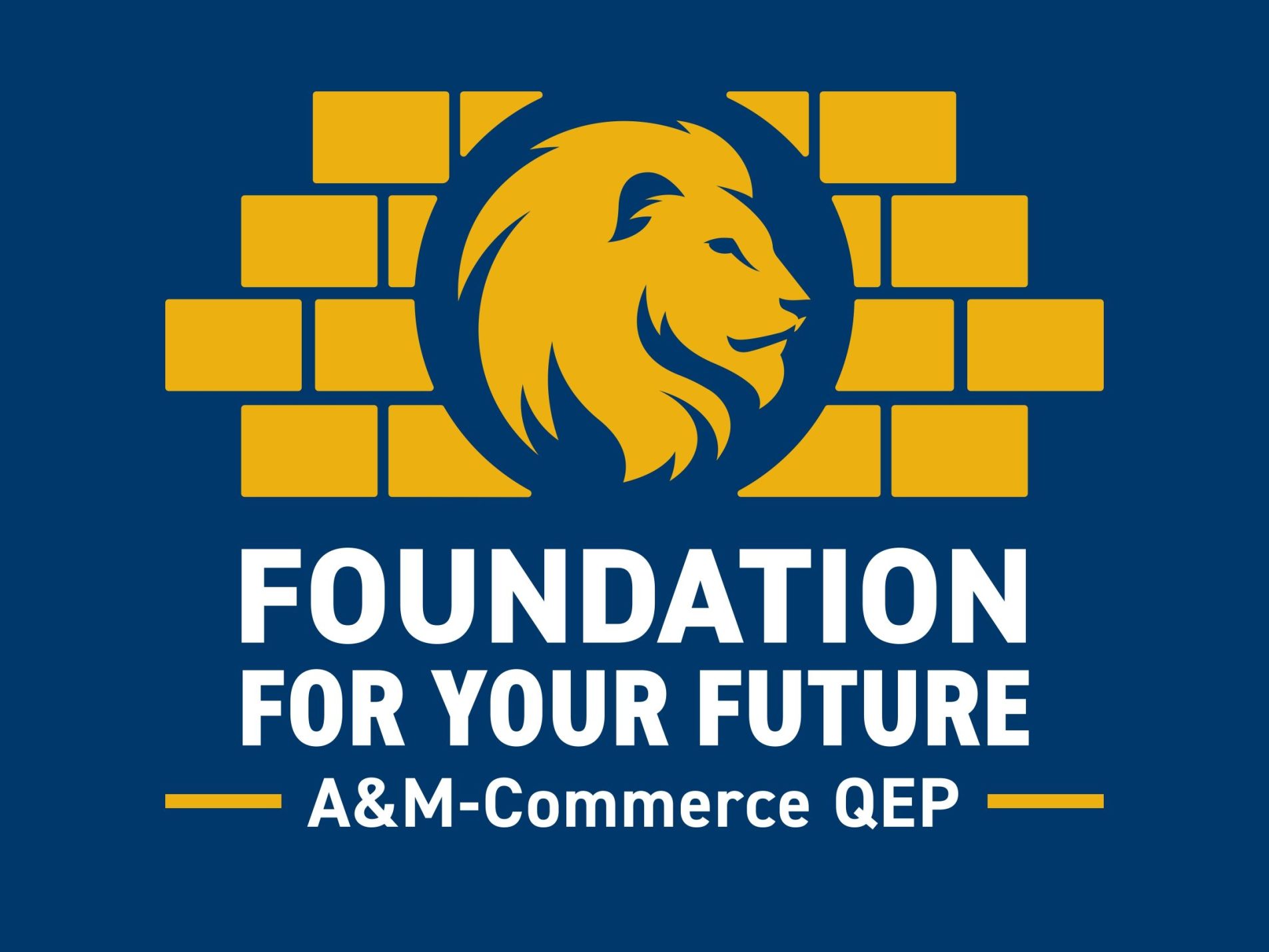
- On this page:
-
 QEP Elements
QEP Elements
-
 Resources
Resources
-
 Committee Members
Committee Members
-
 Committee Guidelines
Committee Guidelines
-
 Archive
Archive
-
 Contact
Contact
Quality Enhancement Plan – QEP
Improving Our University
A Quality Enhancement Plan (QEP) is a university's commitment to ongoing and strategic improvement with a specific focus on student success.
What is a QEP?
What began as an initial idea was molded and shaped into a unifying purpose or goal. After careful planning, the QEP matured into a plan to implement and assess a focused set of initiatives designed to improve student learning across the university. While the QEP is a required element for university accreditation through the Southern Association of Colleges and Schools Commission on Colleges (SACSCOC), it also presents a unique opportunity to coordinate and strengthen educational experiences through calculated innovation across campus.
Our QEP, Foundation for Your Future, equips students with a comprehensive approach to making career choices. These choices begin with an inward assessment of skills, interests, values and attributes, and ends by connecting these traits to a broad range of career options for which they are most suited, embedded in an engaging, hands-on education that prepares students for success in their chosen careers.
Phase One: Foundations
Goal: To provide students with a solid career foundation as they begin college.
In phase one, students will take career-orientation courses that introduce them to two primary or foundational components of success as it pertains to career readiness:
- In select career-orientation or introductory courses, students will explore their own skills, interests, personal traits and values/rewards systems that may contribute to suitability or fit in various careers.
- In these classes, students will explore career options in industries or fields that align with their skills and interests.
Phase Two: Framework
Goal: To build upon this solid foundation with a framework that provides students with the skills, content and competencies for a successful future.
The purpose of phase two is to imbed students vigorously into their career classes so they can begin to refine skills, knowledge and competencies. Some students will develop a heightened sense of tenacity to work beyond what they previously thought capable. In some cases, however, some students may conclude that they have made the wrong career decision. In these scenarios, a secondary purpose of phase two is to help students identify new, previously unexplored career options based on new experiences that reveal new interests and possible career options.
Phase Three: Capstone
Goal: To launch students successfully into their careers with a capstone experience as a synthesis of prior learning.
The purpose of phase three is to ease the awkward transition some students commonly experience between college and career. Phase three provides the culmination of students' collegiate work, as the synthesis of prior skills and knowledge, and as direct application in job-imbedded experiences. In phase three, students will participate in capstone experiences including clinical, student teaching and short-and long-term internships.
Phase One: Foundations Student Learning Outcomes
- Students will align their values, interests and personal strengths (VIPRESS) to a potential career path or field of study.
- Students will describe career options of interest to them, aligned with the results from their career suitability survey, and including at least one previously unexplored career option through an in-class assignment.
Phase Two: Framework Student Learning Outcomes
- Students will develop their values, interests, personal strengths (VIPRESS) and career readiness through practical, integrated assignments
- Students will identify and describe at least one new or previously unexplored career option based on newly identified interests or skills through completion of in-class assignments and participation in campus-wide activities and external (off-campus) projects.
Phase Three: Capstone Student Learning Outcomes
- Students will apply prior learning related to career readiness through completion of a capstone experience
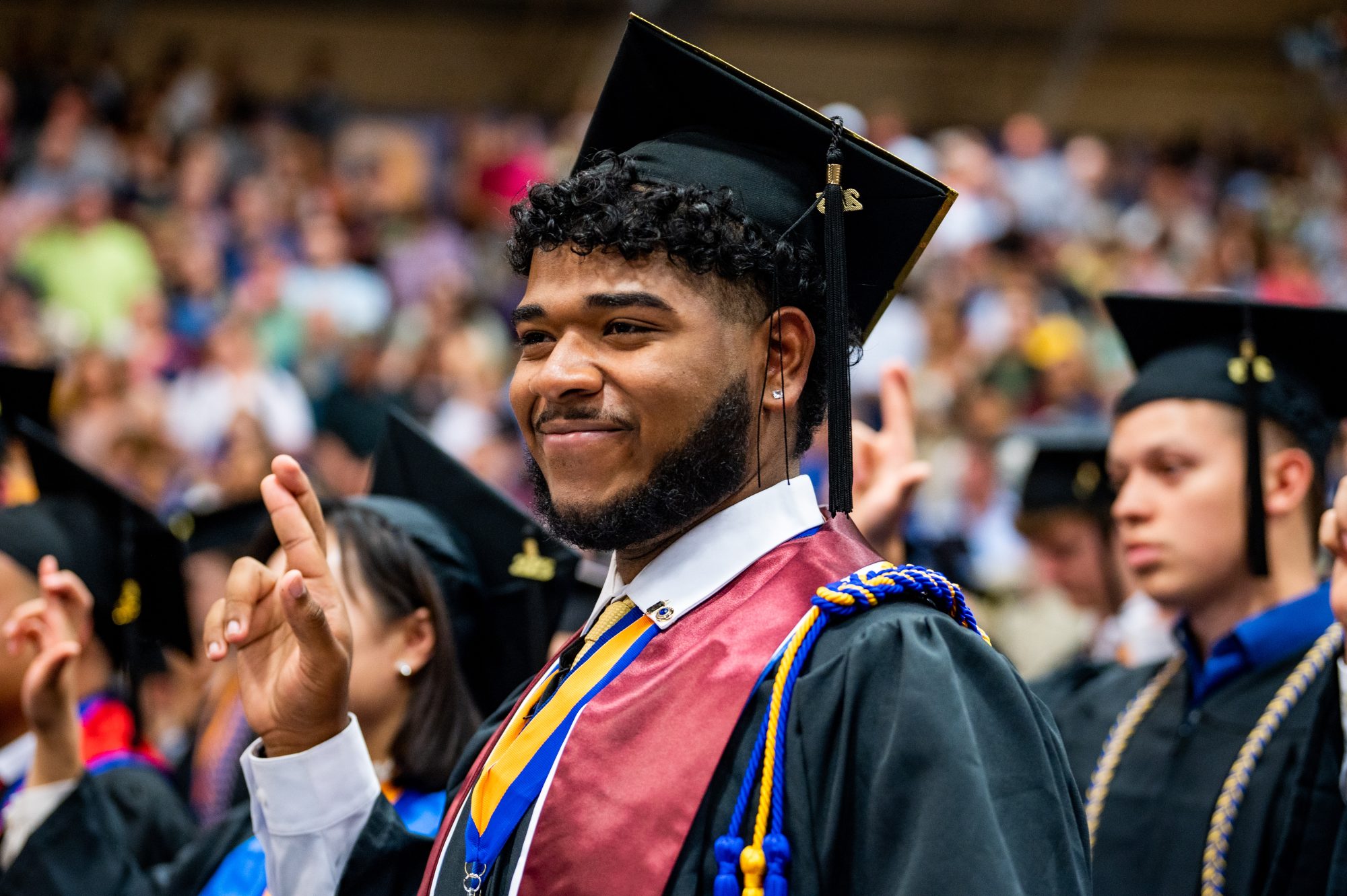
QEP ELEMEnts
Earn a valuable non-academic credential by completing the QEP requirements. This opportunity is automatically available to all undergraduate students.
Phase One Requirements (First year)
- Create a professional profile – Use SkillsFirst, Handshake (Hire a Lion), or a department-specific career platform.
- Discover Your Potential – Complete the Focus2 skills assessment and reflect on your results
Phase Two Requirements (Second year)
- Complete the key assignment in the Phase 2 QEP course, as identified by the college or department of your major.
- Attend a minimum of three (3) non-curricular QEP activities.
Phase Three Requirements (Third year)
- Students will complete a capstone experience as defined by the department
The Foundation for Your Future Grant will be an annual grant available to TAMUC students and faculty/staff for activities and events that contribute to career readiness. The grant will fund up to $500 for individual/student applications or up to $1,000 to departments. Larger amounts may be awarded based on the impact or significance of the activity
Criteria:
- Description of proposed project, its related SLOs/Goals, and its contribution to career readiness and QEP efforts
- Rationale for project proposal supported through use of career readiness curriculum and industry research, literature citations
- Selection of project proposal category. Category options for AY 2024-2025 submissions include–
- Student Travel projects
- Student research projects
- Strategic Planning and career readiness projects
Application Process
- Grant applications are to be submitted by September 15th each academic year
- Students will submit applications using the provided QR code or Qualtrics link. The application window will remain open for two weeks and may be extended if required.
- The QEP committee will review submitted applications and grant the awards.
QEP RESOURCES

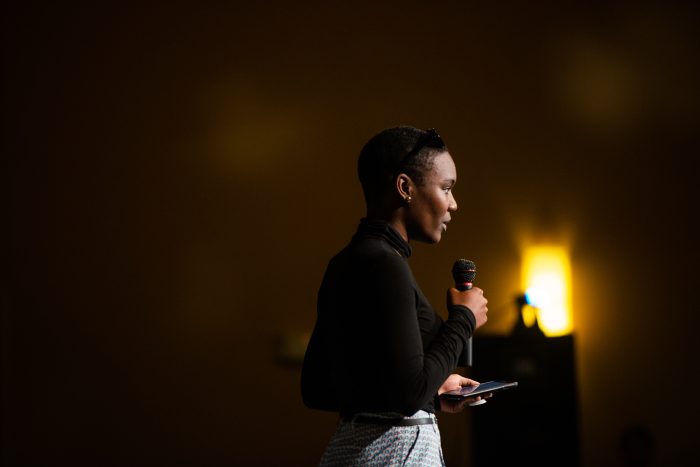

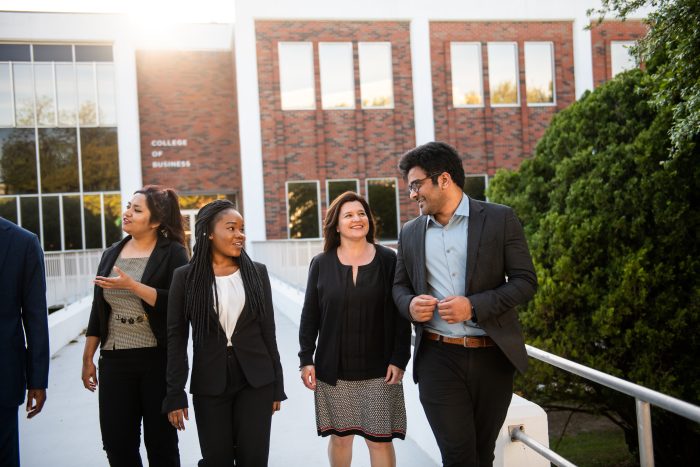
COLLEGE OF BUSINESS CAREER SERVICES
Boost your career readiness with the college of business and enhance your professional skills.
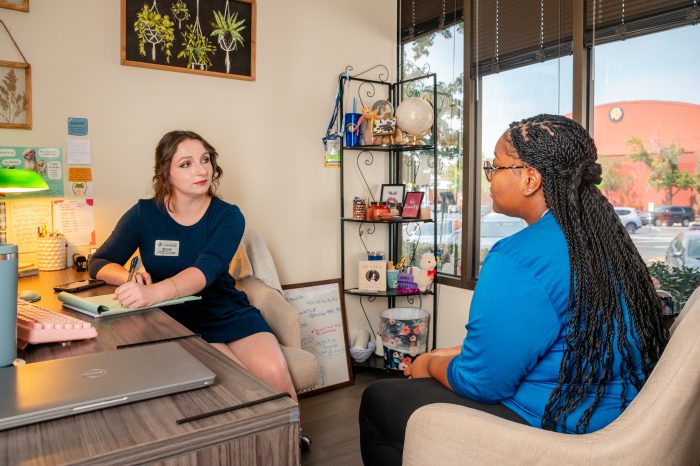
OFFICE OF STUDENT CAREER PREPAREDNESS
Visit the Student Career Preparedness Office for expert guidance and resources to prepare for life after graduation and beyond.
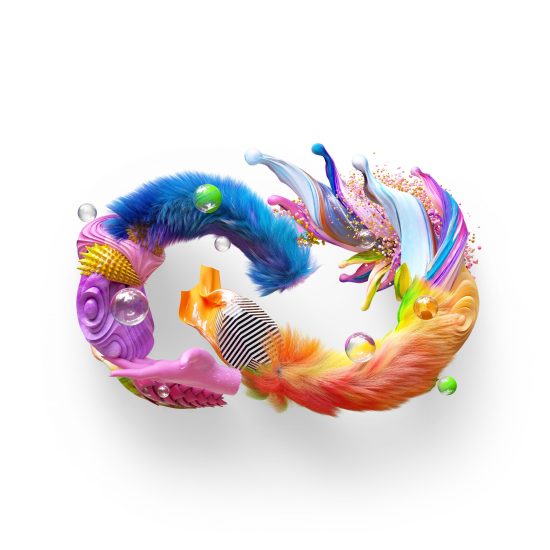
ADOBE CREATIVE CAMPUS
Hone your digital expertise with unrestricted access to Adobe Creative Cloud applications, completely free of charge!
Events Calendar
INFORMATION HUB
CAREER READINESS IN THE GEN AI ERA
IUPUI ALL CAREERS CONSIDEREED PODCAST OUT OF INDIANA UNIVERSITY
Disclaimer: The links provided to external podcasts, trainings, and other resources are for informational purposes only. We do not control, endorse, or guarantee the accuracy, quality, or appropriateness of the content in these external materials. Users access these resources at their own risk and discretion. We are not responsible for any errors, omissions, or potentially harmful information contained in linked content. Please use your own judgment when engaging with external resources.
Committee Members
Committee Structure and Guidelines
The Committee will operate under the following guidelines. All activities will:
- Focus on student learning.
- Enhance the academic reputation of Texas A&M University-Commerce
- Maintain sensitivity to differences within the University.
- Remain open and transparent!
- Promote university-wide engagement; and
- Advocate a user-friendly environment.
The ongoing standing QEP Committee will consist of faculty representatives from each of the academic units, representatives from non-academic areas, student representatives and the QEP director. All committee members are expected to serve two-year rotating terms upon approval of respective deans and department heads. Additionally, all members should exhibit ongoing commitment to the success of the QEP by active participation on the committee and timely completion of assigned tasks.
A standing sub-committee of QEP Mentors will serve to create and maintain ongoing communication, support, leadership and encouragement across the campus. Volunteers from each department (academic and non-academic) across the campus will serve a minimum of two-year rotating terms upon approval of respective department heads and deans. For more information/inquiries, email the committee at [email protected].
Archive
QEP OVERVIEW PRESENTATION 2023
Contact Us
- Quality Enhancement Plan
- [email protected]
- P.O. Box 3011, Commerce, TX 75429-3011



